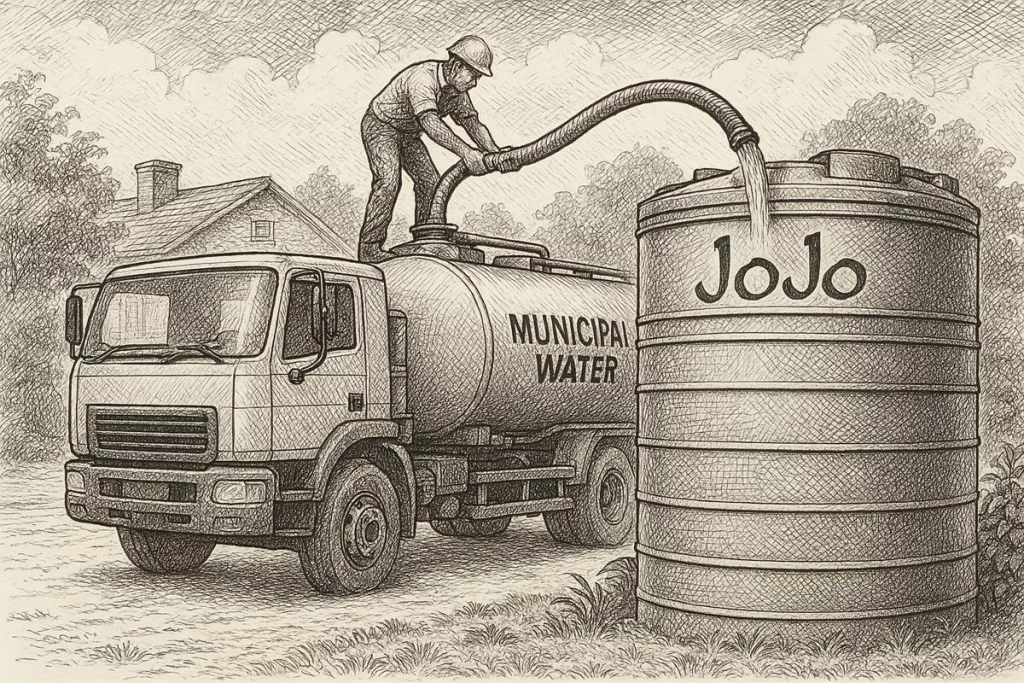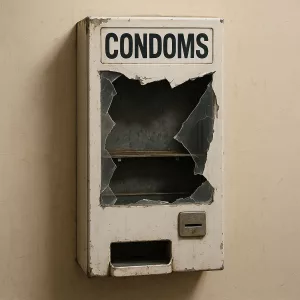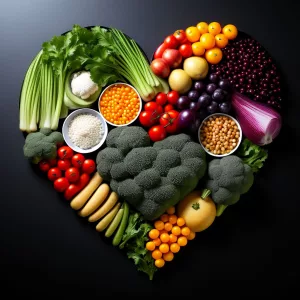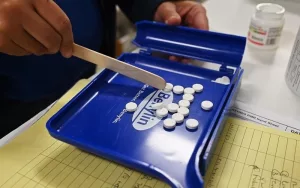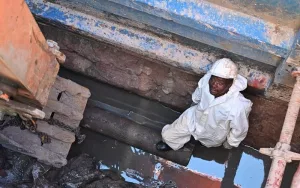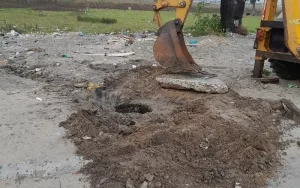Cape Town is cleverly changing how it supports traditional initiation camps. They now treat these camps like temporary city areas, providing water, toilets, and trash pickup. This helps keep everyone safe and healthy, using smart data to track everything. It’s a quiet revolution, making sure old traditions fit smoothly into modern city life, and other cities are starting to notice this clever plan.
{“summary”: “South Africa’s fight against HIV is in trouble. People are using condoms much less, and the safety net that protected them is falling apart. Money for condoms has dried up, and getting new ones is hard. Plus, the free condoms aren’t as good as the expensive ones, and many young people feel ashamed or afraid to use them because of bad ideas about sex. This means more people could get HIV, costing a lot of lives and money. But there’s hope! New plans are coming, like making better condoms in South Africa, new ways to prevent HIV with injections, and even fun ways to teach kids about safe sex. It’s a race against time to fix things before it’s too late.”}
In Cape Town, a dangerous secret lurks: bootleg brandy, made with toxic chemicals, is poisoning people. A police roadblock uncovered a hidden factory where industrial alcohol, meant for cleaning, was turned into fake brandy. This deadly drink, containing methanol, causes blindness and death, yet it’s sold cheaply, luring in vulnerable drinkers. Authorities are fighting an uphill battle against these cunning criminals, who constantly find new ways to make and distribute their dangerous concoctions.
World Obesity Day, celebrated on March 4th, shines a bright light on the serious problem of obesity around the world. This day reminds us that obesity isn’t just about weight; it’s a medical issue that can lead to serious diseases like heart problems and diabetes. With the 2025 theme “Changing Systems, Healthier Lives,” the focus is on how our communities and policies affect our health. By working together, we can create a better food environment and encourage healthier habits, especially for children. Join in the conversation this March to help everyone live healthier lives!
Cape Town’s beautiful coastal waters are in trouble due to rising bacteria levels, especially at popular spots like Saunders’ Rocks and Camps Bay. Many people have reported getting sick after swimming, raising alarms about water safety. Activists, like Mark Jackson, are working hard to expose the problem and urge city leaders to take action. Despite some officials saying the water is safe, experts highlight serious pollution issues that need urgent fixing. The community is coming together, pushing for better testing and safer beaches to protect both people and the environment.
In 2022, the Western Cape had the lowest HIV rate in South Africa at 7.4%, with about 540,000 people living with HIV. The region has made great strides in treatment, with 76.8% of those affected receiving antiretroviral therapy. However, challenges remain, especially with rising infection rates among young people and men. While many adults are aware of their HIV status, a significant number still lack proper treatment. Efforts must continue to educate and support these vulnerable groups to create a healthier future for everyone.
Rising cases of rabies in Cape Fur Seals in Cape Town are alarming beachgoers, with 24 confirmed cases since May 2024. Experts urge people to stay away from seals and report any unusual behavior. If bitten or scratched, it’s crucial to seek medical help immediately. Vaccinating pets is also very important to keep them safe. As World Rabies Day approaches, the city emphasizes the need for public awareness and safety when interacting with these coastal creatures.
Instant noodles and ultraprocessed foods, like sugary snacks and readymade meals, are quick and cheap but come with serious health risks. Eating these foods too often can lead to obesity, diabetes, and heart problems due to their high levels of salt, sugar, and artificial ingredients. In countries like South Africa, the obesity crisis is growing, affecting many people, including children. Experts suggest that better food regulations, public awareness, and healthier eating habits can help fight against these harmful foods, creating a healthier future for everyone.
Pharmacists are the unsung heroes of healthcare, armed with extensive knowledge in medication and serving as custodians of medicinal knowledge. City Health, with its team of pharmacists and postbasic pharmacist assistants, is an example of the profession’s significance. Pharmacists also play a vital role in combating antimicrobial resistance and ensuring proper drug disposal. As we celebrate Pharmacy Month, let us acknowledge their contribution and heed their advice on medication use for better health outcomes.
The City of Cape Town has invested over R5.5m in the Maitland Sewer Pipe Replacement Project, which aims to replace outdated sewer pipes in the Maitland district. The project uses an innovative approach called Curedinplace pipe (CIPP) to line old vitrified clay sewer pipes with a resincoated textile tube, resulting in a jointless and flawless lining. The project serves as an example for other cities on how to prioritize and tackle infrastructurerelated issues, while emphasizing civic responsibility and the importance of collaboration and compliance among citizens.
The deliberate removal of manhole covers and the addition of foreign objects leads to severe blockages and overflows, posing a dangerous threat to public health and safety. The community must take responsibility and practice responsible waste disposal to protect the vital infrastructure that maintains the city’s health and cleanliness. The city has initiated awareness campaigns and a hotline to report incidents, but residents must also play a significant role in protecting their city’s health.
South Africa’s Health Department Spearheads Public Health Revolution with Wellness Vending Machines
South Africa’s Department of Health has launched a revolutionary wellness vending machine that provides a variety of wellness products, focusing on contraceptive options. The machine operates through a unique threestep system where callers dial a tollfree number and receive guidance from a healthcare professional on contraceptive options. Once the caller selects a contraceptive, they receive a code to input into the vending machine to access their chosen option. The project aims to empower young girls and women to manage their reproductive health and avoid unplanned pregnancies while eliminating the possibility of judgmental attitudes from healthcare practitioners.
The UK government is taking bold steps to combat the rising trend of vaping among minors, including a ban on disposable electronic cigarettes, limiting vape flavors, enforcing plain packaging, and imposing stricter penalties on retailers selling to underage customers. Prime Minister Rishi Sunak’s ambitious plan aims to transform the UK into a smokefree nation, potentially raising the smoking age each year. Healthcare professionals have applauded the initiative, which reflects the government’s pledge to protect public health, specifically that of future generations.
Cape Town faces an increased risk of diarrheal diseases during the hotter summer months, which can be dangerous, especially for young children. However, the city has made significant progress in reducing related child mortalities through various interventions. The city emphasizes the importance of proper hand hygiene and safe food handling to prevent diarrhea. Caregivers should give children an oral rehydration solution if they develop diarrhea, and seek medical attention if dehydration symptoms are present. Despite the challenges, Cape Town remains vigilant in its fight against the disease to protect its most vulnerable residents.
Counterfeit food products are increasingly being sold, especially in impoverished areas, putting consumers’ health at risk. The government is also deprived of essential revenue that could be invested in public services, ultimately impeding efforts to attract investors. DESTEA urges citizens to report any illegal activities or suspicious products to help stop the sale of dangerous fake goods and protect their health and wellbeing. Public vigilance and cooperation are crucial in the pursuit of a safer, healthier, and more prosperous future.
The Western Cape Government (WCG) has expressed its concerns regarding the use of street pesticides, which pose significant risks to public health and safety. These pesticides are being sold in unmarked containers, making it difficult for consumers to know what they are using and how to use it safely. This trend has prompted the Poisons Information Helpline of the Western Cape to encourage residents to educate themselves about these products and remain vigilant against potential poisonings.

